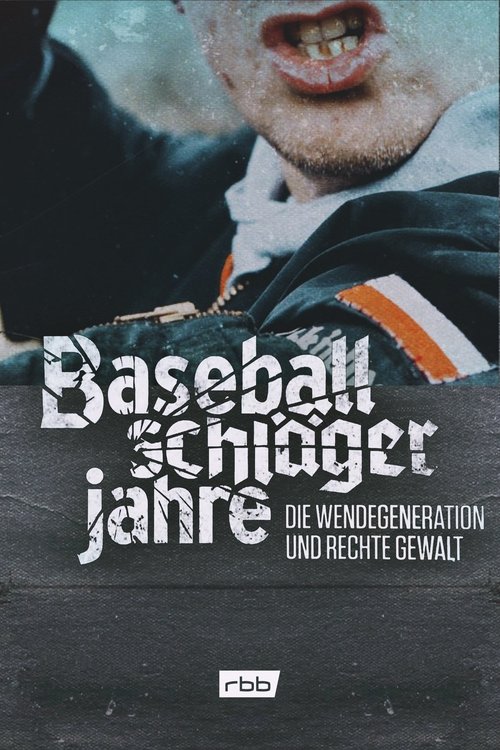
89 mins | Documentary, History, TV Movie | Dec. 2, 2020
89 mins | Documentary, History, TV Movie | Dec. 2, 2020

| Producers | RBB, Berlin Producers Media GmbH, Zeit Online |
| Original title | Baseballschlägerjahre - Die Wendegeneration und rechte Gewalt |
| Directors | Paul Buske, Stella Könemann, Dilan Gropengiesser, Johannes Radke, Heike Kleffner, Toralf Staud, Lydia Meyer, Sven Wolters, Claudia Bracholdt, Christian Bangel, Adama Ulrich, Elke Sasse |
| Writers | Paul Buske, Stella Könemann, Dilan Gropengiesser, Johannes Radke, Heike Kleffner, Toralf Staud, Lydia Meyer, Sven Wolters, Claudia Bracholdt, Christian Bangel, Ulrike Neubecker, Adama Ulrich, Elke Sasse |

as Self - Narrator (voice)

as Self - Interviewee

as Self - Interviewee

as Self - Interviewee

as Self - Interviewee

as Self - Interviewee

as Self - Interviewee

as Self - Interviewee

as Self - Interviewee

as Self - Interviewee

as Self - Interviewee

as Self - Interviewee

as Self - Interviewee

as Self - Interviewee

as Self - Interviewee

as Self - Interviewee

as Self - Interviewee

as Self - Interviewee

as Self - Interviewee

as Self - Interviewee

as Self - Interviewee

as Self - Orator

as Self - Orator

as Self (archive footage)

as Self (archive footage)